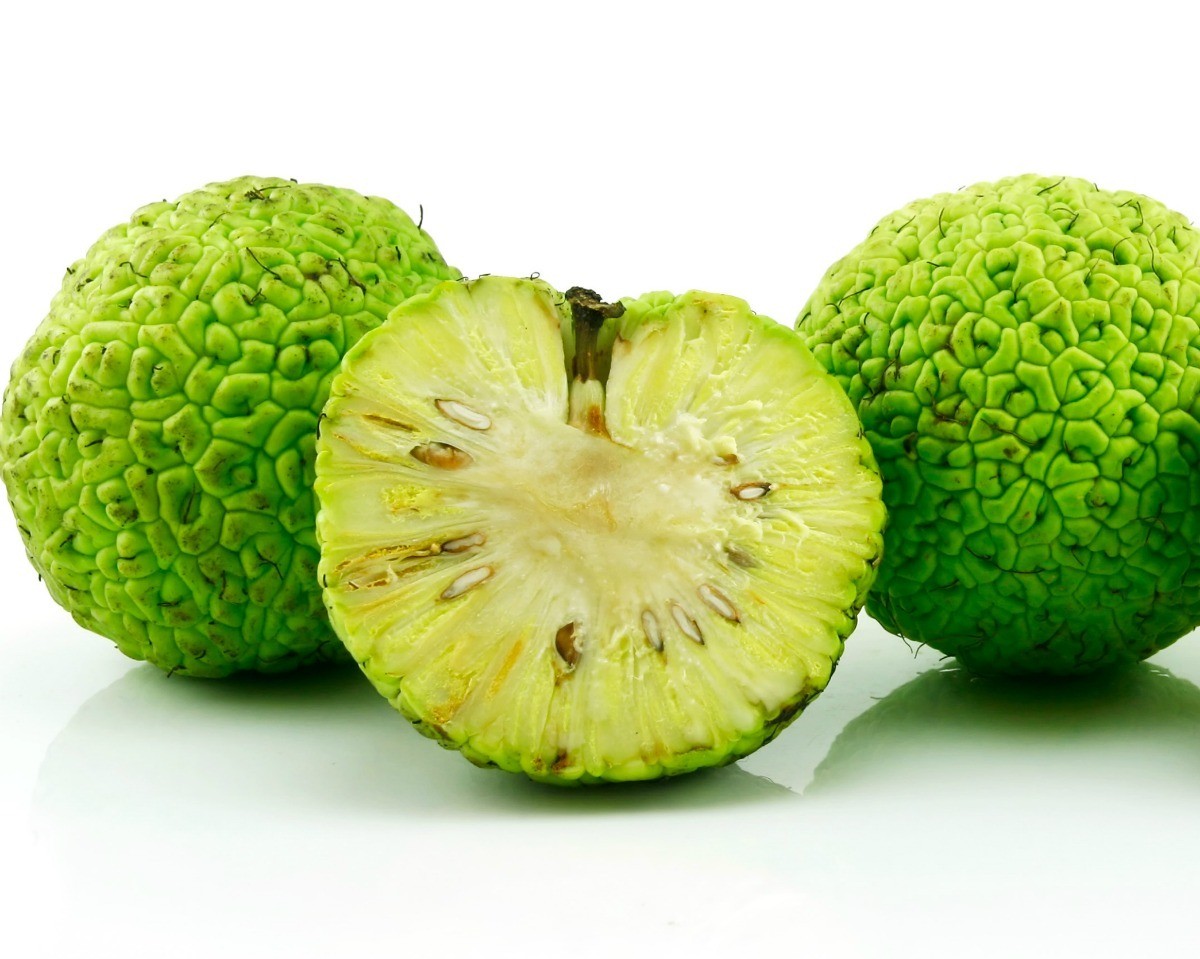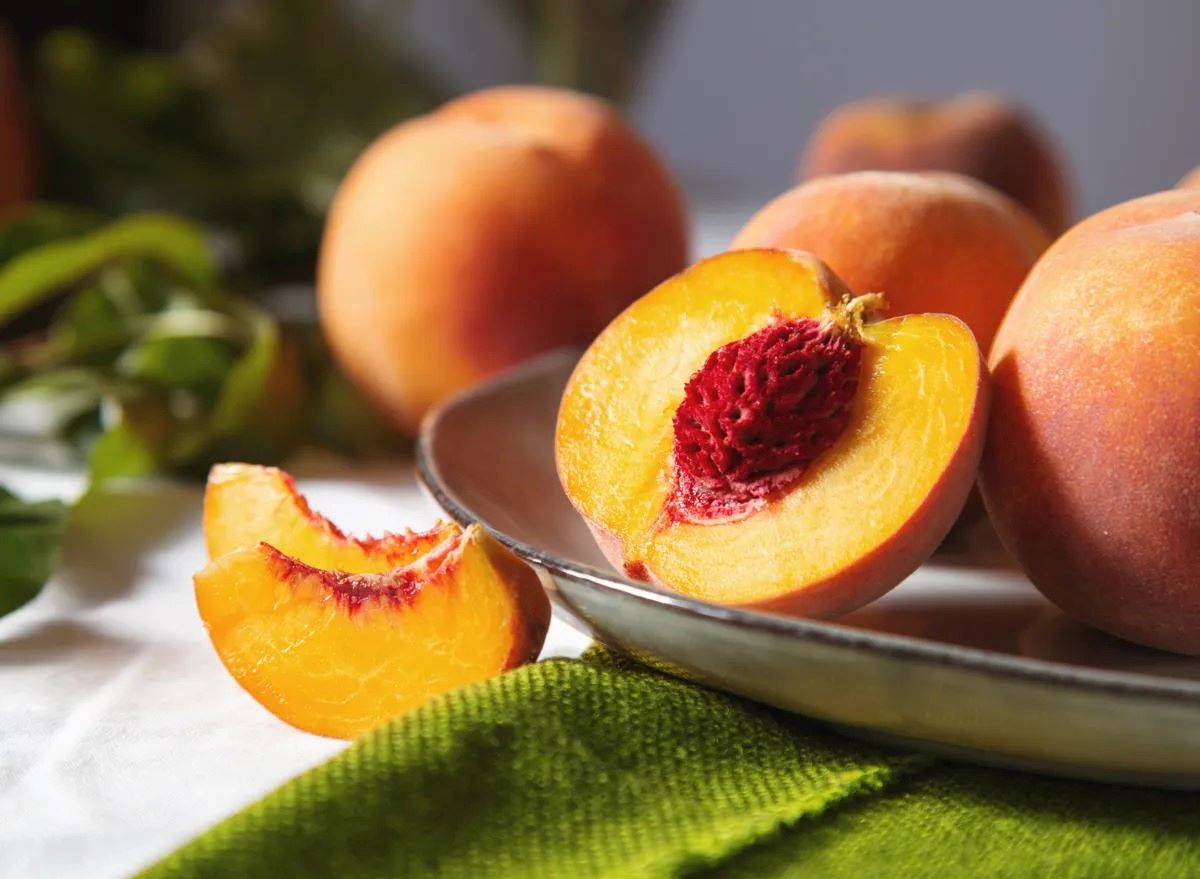How to Enjoy Apples Safely When You Have an Allergy
Apples are a delicious and nutritious fruit that many people enjoy. However, for those with apple allergies, enjoying this fruit can be a challenge. If you’re allergic to apples, you may experience symptoms such as itching, swelling, or hives after consuming them. But fear not, there are still ways to enjoy apples safely without triggering an allergic reaction. Here are some tips on how to eat an apple when you’re allergic:
Avoid Raw Apples
For many people with apple allergies, the proteins that cause the allergic reaction are found in the raw fruit. If you have an apple allergy, it’s best to avoid eating raw apples. Instead, consider trying cooked or processed apple products, as the proteins that cause the allergic reaction may be broken down during the cooking or processing process.
Consider Alternative Apple Products
There are many alternative apple products that you can enjoy without triggering an allergic reaction. Consider trying apple sauce, apple juice, or apple cider. These products are often processed in a way that removes or breaks down the proteins that cause the allergic reaction, making them safer options for those with apple allergies.
Consult with an Allergist
If you have an apple allergy, it’s important to consult with an allergist to determine the best course of action. An allergist can perform tests to confirm your allergy and provide personalized recommendations for managing it. They can also provide guidance on how to safely enjoy apples or alternative fruits without triggering an allergic reaction.
Explore Alternative Fruits
If you’re unable to safely consume apples due to an allergy, consider exploring alternative fruits that offer similar flavors and nutritional benefits. Fruits such as pears, peaches, or nectarines can be great substitutes for apples. These fruits can be enjoyed in various forms, including raw, cooked, or processed, providing you with a range of options to satisfy your fruit cravings.
Read Food Labels Carefully
When shopping for food products, it’s important to carefully read the labels to identify any potential sources of apples or apple derivatives. Many processed foods contain apple ingredients or flavorings, so being vigilant about reading labels can help you avoid accidental exposure to apples and prevent an allergic reaction.
Conclusion
Having an apple allergy doesn’t mean you have to miss out on enjoying the flavors and nutritional benefits that apples offer. By exploring alternative apple products, consulting with an allergist, and being mindful of food labels, you can still incorporate apple flavors into your diet safely. Remember, it’s essential to prioritize your health and safety when managing food allergies, and with the right approach, you can continue to enjoy a diverse and delicious diet.











